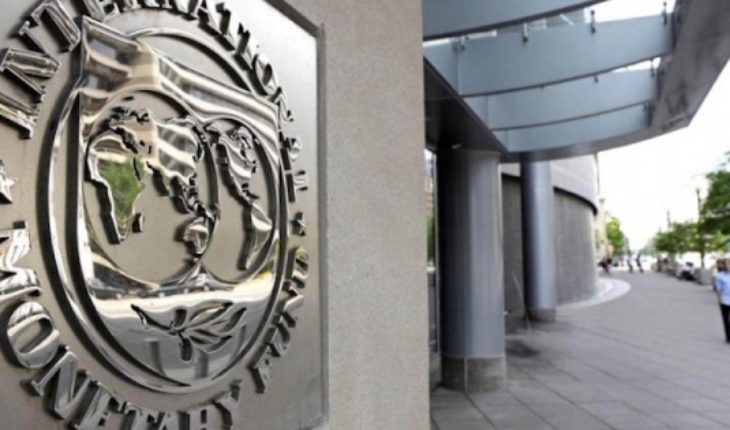The International Monetary Fund (IMF) downgraded growth projections for Chile and Latin America, according to the data update in Santiago on Tuesday.
In the case of the region, the World Economic Outlook brings a drastic reduction, by cutting the growth forecast of Latin America and the Caribbean to 0.6% in 2019, eight tenths less than in its report last April.
The adjustment goes hand in hand with the cuts in estimates of the world economy, which will expand by 3.2% this year and 3.5% next year, both figures a percentage point below what was projected in April, the agency said. The figures are for attention, because a breakthrough of 3.3% or less would be the weakest since 2009.
The Chilean case
For Chile, the growth projection drops to 3.2% from the expected 3.4% in April, although the estimate for next year was improved in which an expansion of 3.4% is expected compared to the previously predicted 3.2%.
“Chile’s growth projection has been revised downward slightly, following weaker-than-expected economic performance at the start of the year, but is expected to rebound in 2020 thanks to more accommodative policies,” the agency said.
IMF data is close to government estimates. In his last public account, President Sebastián Piñera adjusted from 3.5% to a range of between 3% and 3.5% the growth projection for this year. The Central Bank also reduced its forecast to a range of 2.75% to 3.5%, from the expected 3%-4% in March.
However, the forecast is more optimistic than the market, because in the last Central Bank Economic Expectations Survey experts lowered their estimate for GDP growth in 2019 to 2.8%.
Hard regional outlook
In the regional case, the downward revision for 2019 mainly reflects the falls in Brazil’s economy, which will grow at a rate of 0.8% this year, 1.3 percentage points less than expected in April, and Mexico, which will advance to 0.9%, seven-tenths less than expected Previously.
The Fund believes that uncertainty persists in Brazil about the adoption of some structural reforms, especially pension reforms, while in Mexico investment remains weak and private consumption has slowed as a reflection of the uncertainty judgement, generate some of the country’s policies.
The IMF adds that the borrowing costs of the Mexican economy could rise as a result of the recent decline in the country’s sovereign rating.
The multilateral agency’s new report also puts the spotlight on Venezuela, whose economy will suffer a contraction of around 35% in 2019.
The multilateral body estimated the region’s growth by 2.3%, one percentage point less than it had anticipated in its previous report.
translated from Spanish: The harsh economic reality that the IMF sees for Latin America and the adjustment in data for Chile
July 23, 2019 |





